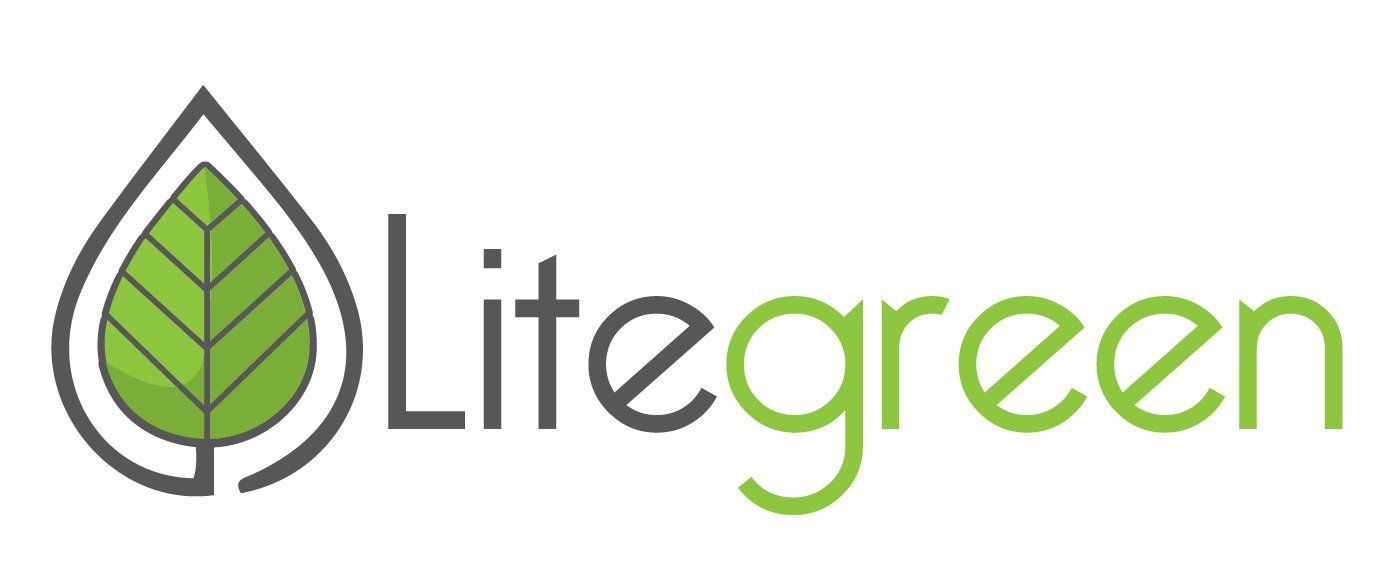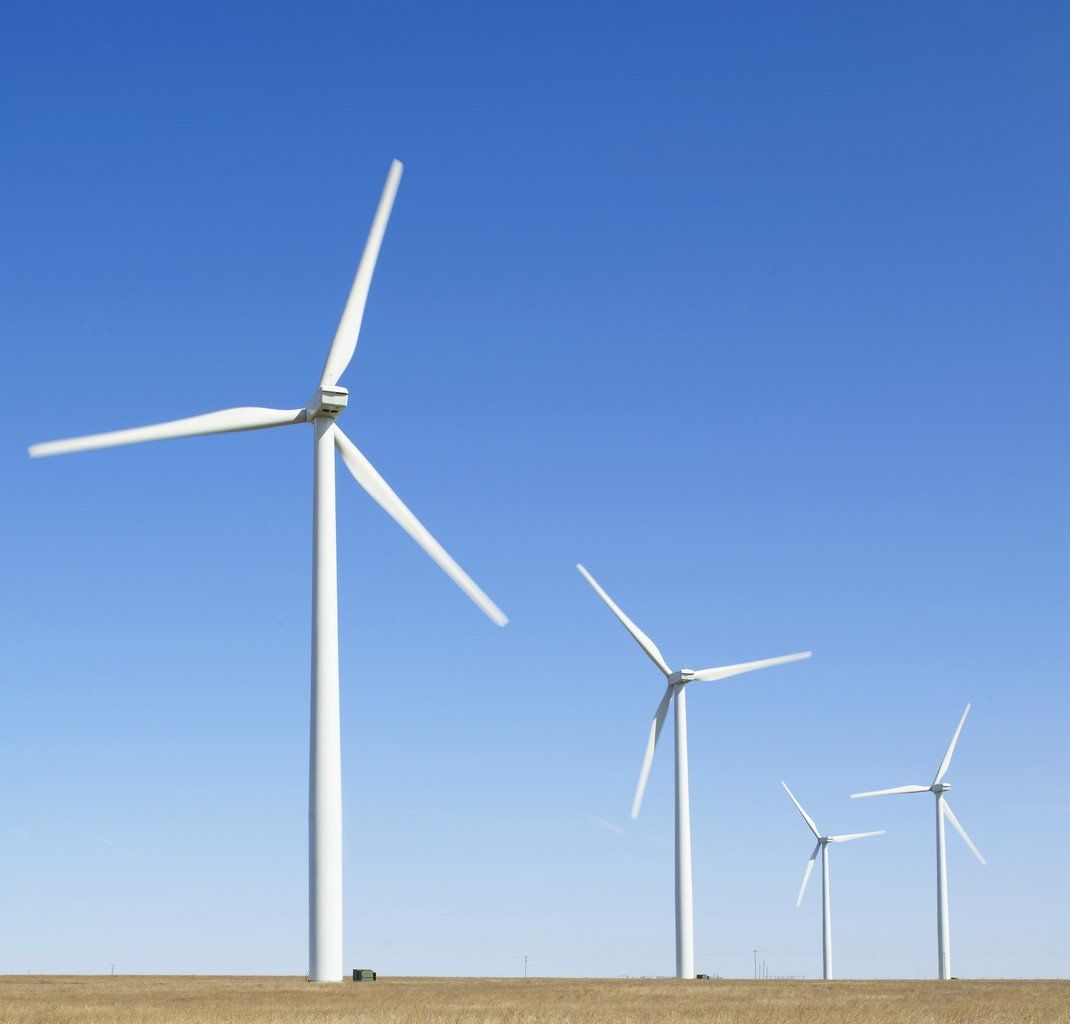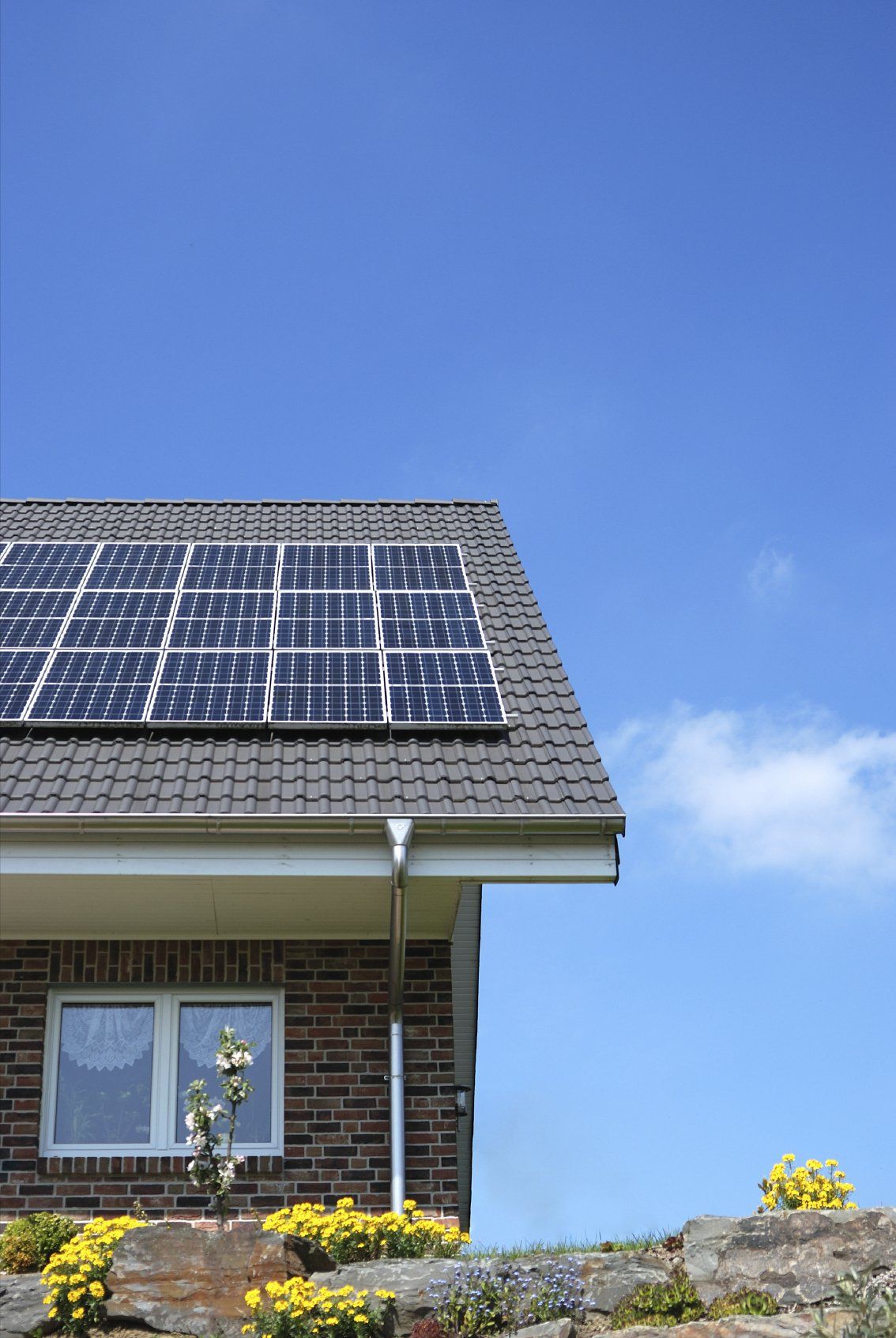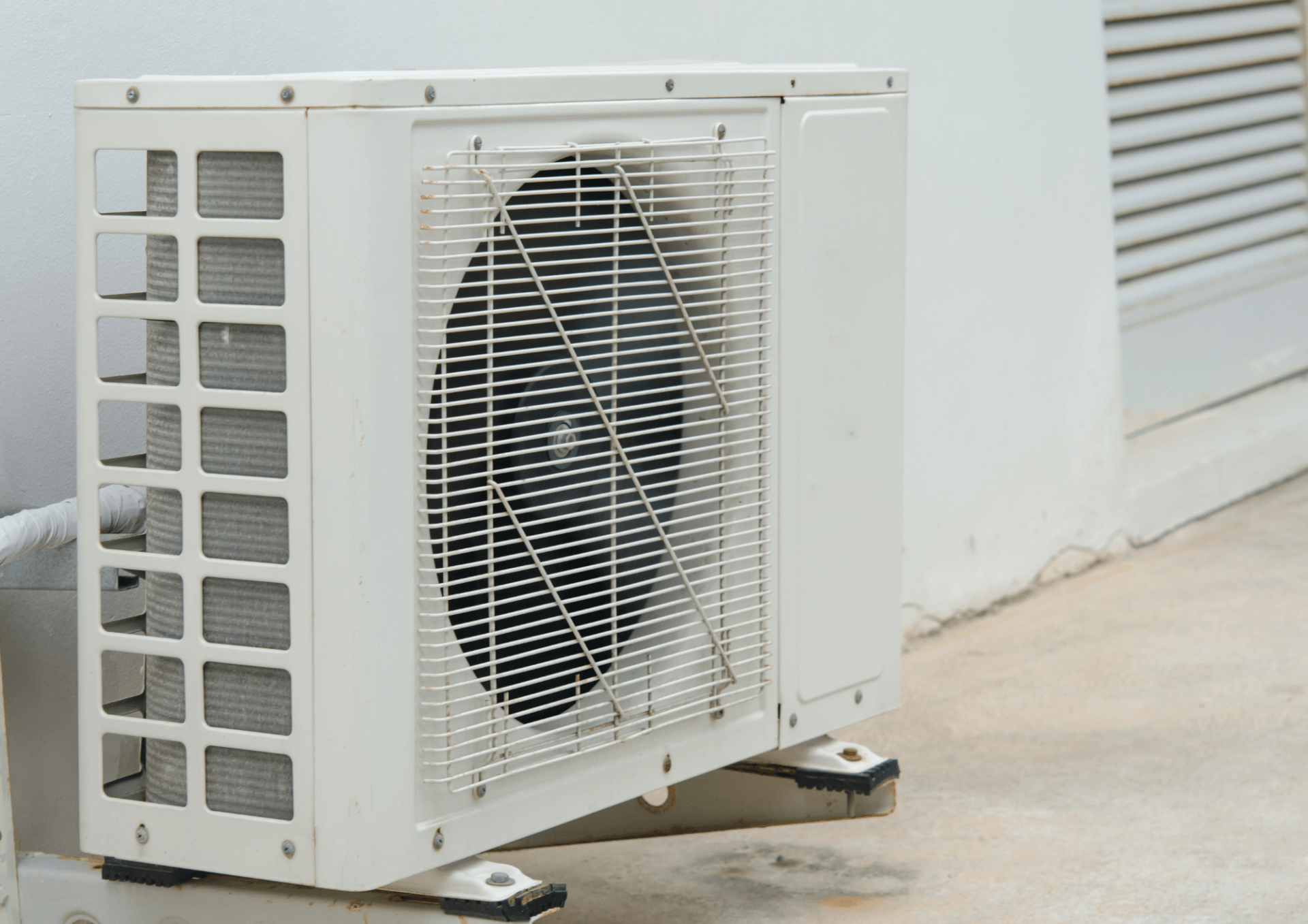Net-Zero explained
It's officially Net-Zero Week, so here's everything you need to know.
We hear the term used a lot, sometimes in conjunction with others. In fact Litegreen use Net-zero in our day-to-day language all the time. It’s a relatively new term & we’ve recently realised that with so many buzz words flying around, not everyone is aware of what it means or how it relates to them, so here is quick rundown to put it into context.
What is net-zero?
Net-zero is all about reducing our impact on climate change. In 2019, the UK became the first major economy to pass laws to end our contribution to climate change. This means that we're aiming to eliminate all greenhouse gas emissions by 2050. Net-zero is the goal, and it means that any emissions left will be balanced out by removing an equivalent amount of greenhouse gases from the atmosphere.
You may have heard the term "carbon neutral" before, which is similar but not exactly the same as net-zero. Carbon neutral means offsetting the carbon emissions of a business or home. On the other hand, net-zero involves reducing emissions as much as possible through energy efficiency measures and then offsetting the remaining emissions to achieve a balance.
What is the government doing to help Net-Zero?
The government is taking action to help us achieve net-zero. They have a Ten Point Plan for a Green Industrial Revolution, which includes things like developing wind power, supporting hydrogen as an alternative to fossil fuels, and ending the sale of petrol and diesel cars. They are also investing in energy-efficient buildings, capturing CO2, and protecting our natural environment.:
1. Develop enough wind power generation to power every home by 2030.
2. Support hydrogen, to replace fossil fuel gas, for heating and transport fuel.
3. Pursue both large-scale and modern small reactor power stations.
4. End the sale of new petrol and diesel cars and vans from 2030 and hybrids from 2035.
5. Increase more active and sustainable transport, and fund thousands of net zero buses.
6. Invest in zero emission planes and support sustainable fuel.
7. Make our buildings more energy efficient and move away from fossil fuel gas boilers.
8. Capture 10m tonnes of CO2 by 2030 and invest in carbon usage & storage systems.
9. Safeguard our natural environment to boost biodiversity and help naturally capture CO2.
10. Develop new sources of finance for green technologies and reduce the cost of our net zero transition.
How does Litegreens work relate to net-zero?
It may be national net-zero week, but every day is net-zero day for us.
At Litegreen, we're proud to contribute to the net-zero effort. Our team of impartial energy efficiency experts helps homes and businesses become greener and more energy efficient.
We specialise in assessing and upgrading older homes and buildings to meet modern standards aligned with the net-zero and carbon neutral goals. Through our services, qualifying homes can access funding for eco-friendly technologies like heat pumps, solar panels, and insulation.
We also provide services like feasibility studies and consultations to help improve the energy efficiency of buildings, working closely with local authorities, Welsh Government and other industry leaders. By following our recommendations, homeowners and businesses can make informed decisions, save on energy bills, and reduce their environmental impact.
How Net Zero Affects Me:
Energy Efficiency and Savings: Transitioning towards net zero involves enhancing energy efficiency in our homes, workplaces, and daily lives. By adopting energy-efficient practices, such as using LED lighting, improving insulation, or upgrading to energy-efficient appliances, we can reduce our energy consumption and lower our utility bills. Net zero empowers us to make sustainable choices that benefit both our wallets and the environment.
Green Transport: As we move towards a net-zero society, transportation plays a crucial role. The shift includes promoting electric vehicles, expanding public transportation networks, and encouraging walking or cycling. Embracing sustainable transport options not only reduces emissions but also contributes to cleaner air and healthier communities.
Renewable Energy: One of the cornerstones of achieving net zero is transitioning to renewable energy sources. The growing availability of solar panels, wind turbines, and other renewable technologies empowers individuals to generate their own clean energy. By investing in renewable energy systems, we can reduce our reliance on fossil fuels and contribute to a greener energy grid.
Sustainable Consumption: Net zero prompts us to reconsider our consumption habits and opt for more sustainable choices. This includes reducing waste, recycling, supporting local and eco-friendly businesses, and embracing a circular economy mindset. Each small decision we make as consumers can have a collective impact on reducing emissions and preserving natural resources.
Thinking of grants to upgrade your homes energy efficiency?
Our local impartial experts can help.
We've helped homes and people across Wrexham & North Wales to navigate the world of grants to gain free energy efficiency measures such as:
- Boiler & central heating upgrades
- Loft insulation/upgrade
- Cavity & solid wall insulation
- Solar Panels
We are 100% impartial & have nothing to sell. If we think you could qualify, our Retofit home survey is also free.













